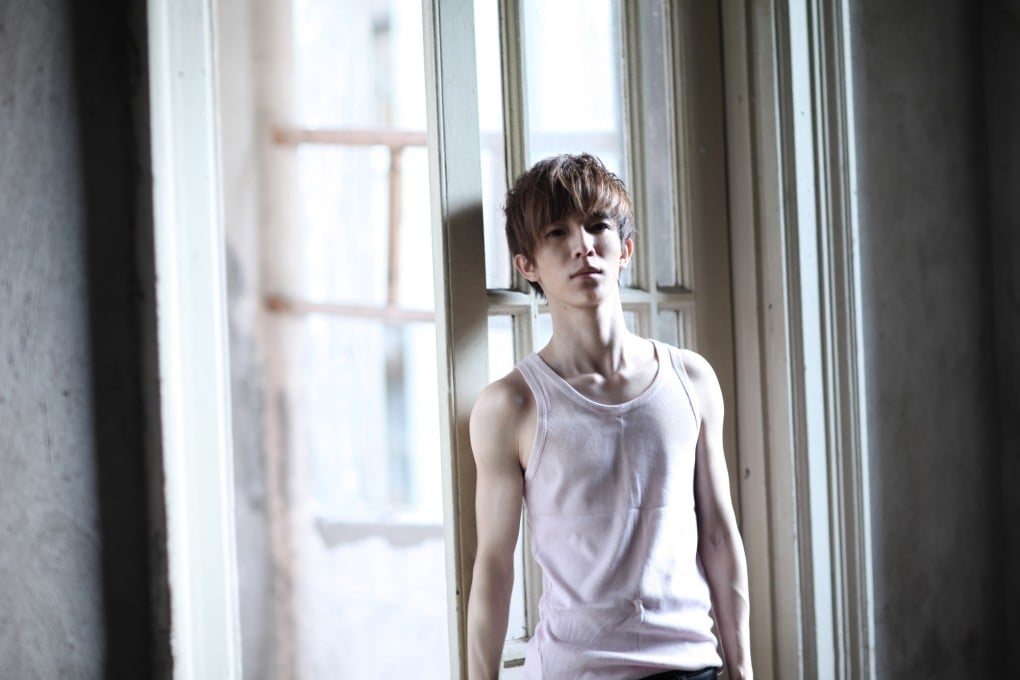Story of Yanxi Palace creator Yu Zheng says sorry for plagiarism, as does writer Guo Jingming – years after court rulings against them
- Yu Zheng admits he had lacked the guts to apologise for plagiarising another writer’s novel for a 2014 TV script; Guo Jingming waited 14 years to say sorry
- They acted after 156 Chinese TV and film industry figures wrote a letter calling them ‘intellectual thieves’ and threatening a boycott unless they apologised

The creator of the 2018 smash hit TV period drama Story of Yanxi Palace, Yu Zheng, and another high-profile Chinese writer, Guo Jingming, have apologised for plagiarism after more than 100 people from the entertainment industry threatened to boycott the duo last week.
An award-winning screenwriter, Yu is best known for the drama about Qing dynasty back room intrigue that charts the rise and fall of a number of concubines in the imperial court, all vying for the emperor Qianlong’s attention and affection. But it was an earlier period piece, Palace 3: The Lost Daughter (2014), which Yu was found to have plagiarised from another work.
In 2014 Taiwanese romance novelist Qiong Yao filed a lawsuit against Yu for infringing the copyright of her 1992 book Plum Blossom Scar and sought immediate suspension of the TV series. A Beijing court later ruled in her favour and ordered Yu to publicly apologise and pay compensation.
It was not until Wednesday that Yu finally apologised. In a statement, he said Qiong had been his idol since childhood and he was familiar with all her books.

“It’s not that I was unwilling to admit my mistake, but that I had no courage to say sorry,” he wrote. “I hope my experience will be a warning to every creator. Respect the original works and respect the law.”
Yu’s apology came hours after Guo admitted he had copied Zhuang Yu’s In and Out of the Circle for his bestselling novel Never Flowers in Never Dreams (which propelled him onto Forbes’ 2004 Chinese Celebrity List). A court ruled in 2006 that Guo had plagiarised Zhuang’s work.